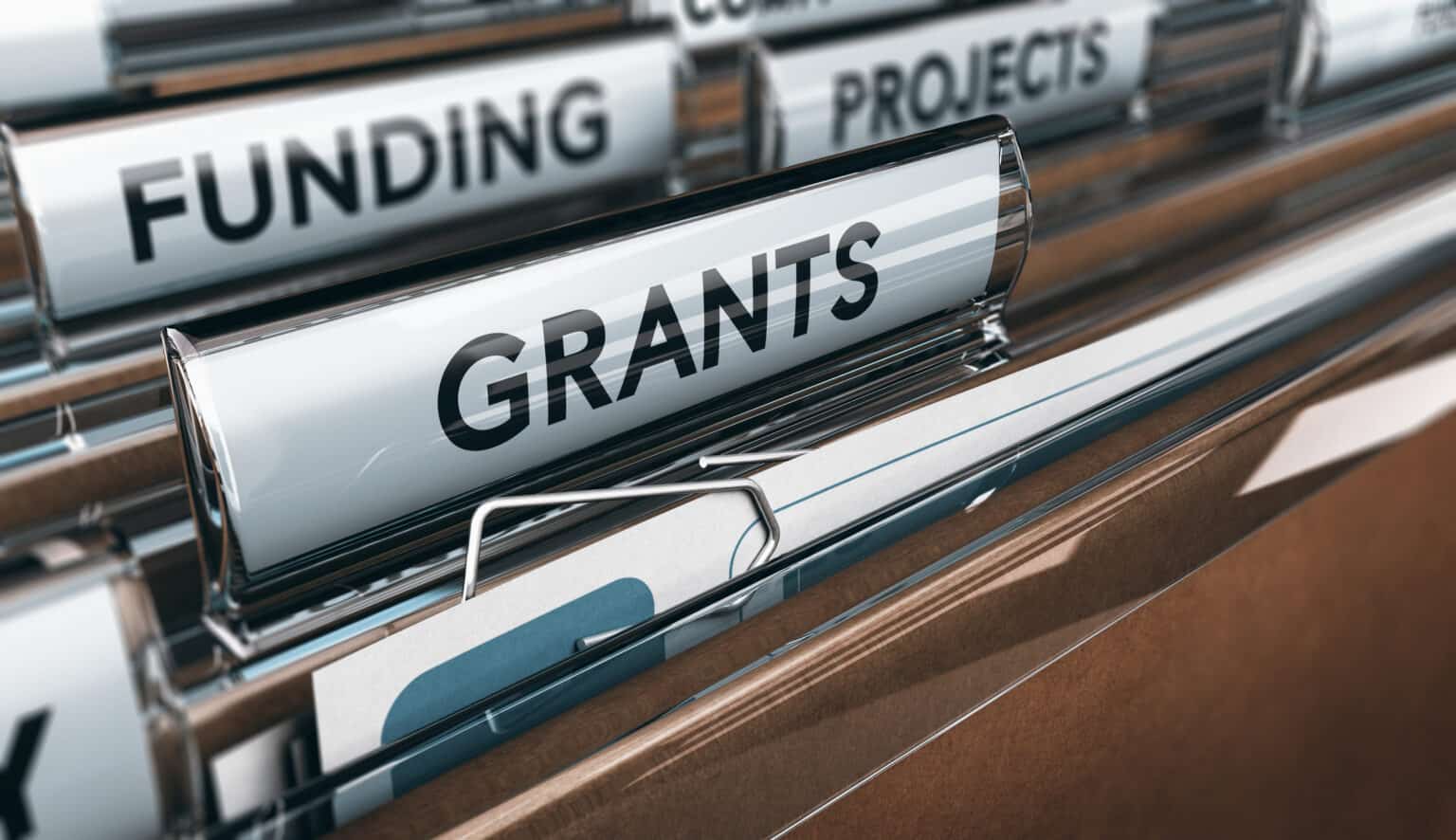Obtaining grant funds for various projects is paramount for most communities; however, securing and managing these funds for critical projects is no simple task. Whether your community is applying for CDBG, CDBG-DR, TDEM, or TDA funds, it is crucial for community leaders to have a firm understanding of how to obtain and manage funds. In an ideal world, effective Capital Improvement Planning allocates funding for improvements; however, when accidents occur or Mother Nature strikes, disaster recovery efforts can be a significant funding challenge for communities. Grant funding knowledge is essential to ensure that a community can recover from disaster and prevent future loss of life and property.
The following are key components to the grant writing process that community leaders should take into consideration when applying for and managing grant funds for projects.

IDENTIFY PROJECTS EARLY AND DISCUSS WITH KEY STAKEHOLDERS
A crucial first step is to identify project targets for grant applications. Strategic planning sessions should include key stakeholders such as City staff, grant administrators, engineers, planners, and consultants. The goal is to collaborate and identify your community’s immediate and long-term needs. Make sure to consider how the funding will solve a problem as well as any negative impact if the project does not receive funding. Finally, create a budget that itemizes the various costs of the project.
PRIORITIZE PROJECTS
Next, prioritize projects based on their measurable impact on the community and stakeholders including population groups, schools, organizations, public utilities, churches, and the local municipality. Leverage existing data such as staff experience, repair history, system performance, previous studies, or engineering reports determining each project’s priority. Your strategic planning team needs to collaborate to develop a recommended project that maximizes the available grant budget and has the highest potential for acceptance.
PREPARE & SUBMIT GRANT APPLICATIONS
Preparing grant applications is a challenging and daunting task for many community leaders. It is often advantageous to get professional assistance from a grant writing company or your engineering or planning consultant. You may also need to engage your engineer or consulting firm to help define your project scope and provide an Engineers Opinion of Project Cost (EOPC). This information solidifies your case to receive funding and is a crucial piece of your narrative. It is essential that your data supports your story about how the issue has impacted your community and how the funding can help alleviate your hardship.
AWARD APPROVAL
The time from application submission to award notice varies for each grant, but typically, funding decisions are made within three to six months. If you do not secure the grant funding, it is acceptable to ask for feedback on the application’s denial. Getting feedback will help you gather additional valuable information for your next grant submittal. If you successfully secured funding, your work is not over. Many grants require specific guidelines for the use of the funds.
Next, your team will need to:
- Review the scope
- Set project expectations
- Set project standards, including various grant requirements
- Establish lines of communication with key stakeholders
- Determine community outreach needs
- Develop a project schedule
You may also need additional coordination for pay applications and funding requirements as required throughout the project.
EFFECTIVE PROJECT MANAGEMENT
Once you have received the grant funding, you must effectively manage the project. Your project team must follow and meet all of the grant instructions and measurements of success. Additionally, you must adhere to all administrative requirements such as proper financial management, environmental studies, and other documentation in case of an audit. Effective project management will also be essential for establishing the design, bid, and construction phases.
In the design phase, your project team should hold milestone meetings at 50%, 90%, and 100% of design. These milestone meetings are an opportunity for the project team and stakeholders to review the work completed to date, receive feedback and comments, review the EOPC, and discuss the next steps.
In the bid and construction phases, you may need to follow specific bidding requirements such as public hearings, pre-bid meetings, and bid openings. As the project nears completion, the project management team must review the plan for completion provisions and develop appropriate closeout documentation as needed for city and grant requirements. The team needs to confirm that everything is in compliance with the design intent and that the materials used are following specifications.
At project completion, closeout procedures need to occur with preliminary and final walk-throughs for acceptance. Record drawings should incorporate any changes to the plans that transpired during construction. Lastly, finalize documentation for the administrator of the grant.
While the grant application process can be challenging to navigate and is very competitive, do not become discouraged. With the right plan in place, and with proper assistance, your local government can secure the funding you need to make crucial infrastructure upgrades or receive much-needed disaster relief assistance.


